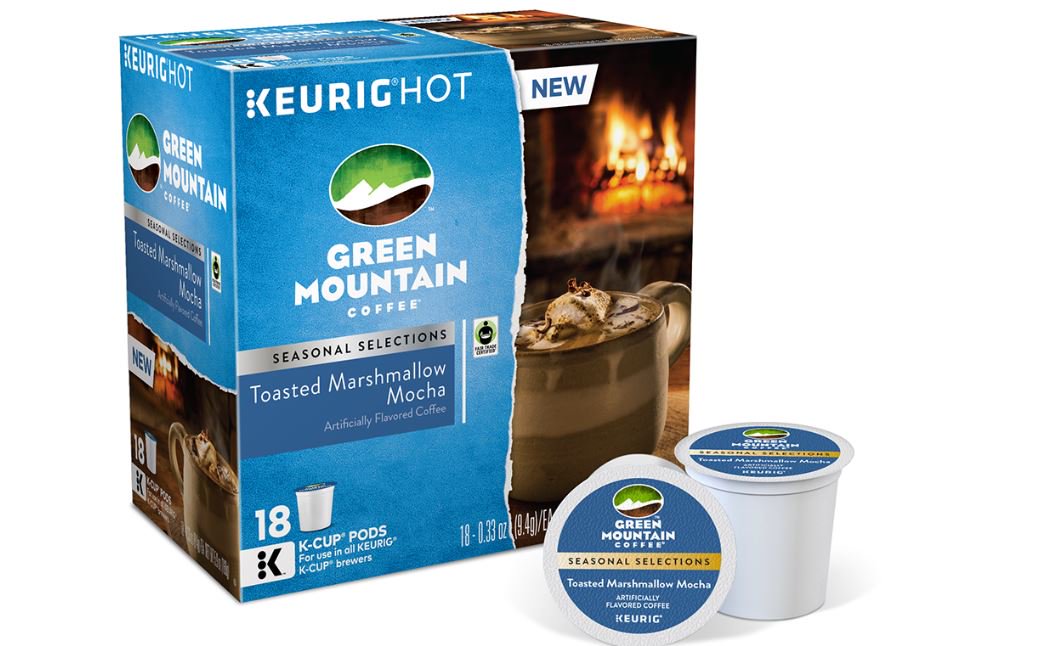|
The biggest complaint consumers have about Keurig's K-cups is that they're bad for the environment. Billions of pods that can't be recycled get thrown away, creating a staggering amount of waste. From a marketing and consumer standpoint, the timing couldn’t be better for a move to 100% recyclable and eco-friendly pods. It will be important for Keurig to remain on track to reach its 2020 goals, and further to educate consumers on its sustainability position and changes being made to transition to eco-friendly K-Cup packaging.
Also read, Starbucks Canada adds calorie information to its menu boards. Keurig has set a goal of making its K-Cup coffee pods 100% recyclable in the U.S. by 2020, and in Canada by 2018, according to its recently released Sustainability Report. The first recyclable K-Cups became available for purchase in 2016 directly from the company via their website. The company is seeing positive results from switching its polystyrene blend K-cups to a polypropylene #5 plastic. The company has tested the new pods at eight material recovery facilities, and 90% of them made it through to the container line. The recyclable plastic is used in everyday items from cutlery and plates to storage bins and outdoor furniture. The company’s packaging innovation should serve to reinforce Keurig’s brand image and marketplace positioning. For the fifth year running, Keurig was named Brand of the Year in the coffee maker category, according to the 2017 Harris Poll EquiTrend Equity Study. Since consumers already look to Keurig as a leader in the consumer products space, it stands to reason they will pay attention to company efforts to reduce environmental waste. As a pacesetter in the single-serve coffee market, Keurig also has an opportunity to influence how other coffee pod manufacturers approach their own recycling plans. Nespresso uses aluminum and offers special curbside collection for its pods in select European markets, but many other pod manufacturers don't have a reclaiming or recycling strategy in place. The Sustainable Packaging Coalition named Keurig a 2017 Innovator Award Winner for Breakthrough Process based on its success with the Materials Recovery Facility study. Converting facilities and production processes to make recyclable pods is not an easy or inexpensive undertaking, however. As stated in Keurig’s 2016 Sustainability report, “Converting more than 100 packaging lines across our seven manufacturing facilities in North America to produce the new pods is a complex logistical undertaking." Keurig chose Canada ahead of the U.S. for its first widespread launch of recyclable pods because of the “advanced recycling infrastructure and strong interest in recycling and engagement from Canadian consumers," according to the report. Keurig also points out that only 34% of U.S. consumers recycle on a regular basis, and only 14% of plastics get collected for recycling. There is substantial room for improvement to educate the public and encourage behavior changes around responsible recycling practices — one K-Cup at a time. SOURCE Sandy Skrovan, Food Dive
0 Comments
Leave a Reply. |
Advertisement
News & Updates
Stay informed with the latest news around foodservice, agriculture and other related food news. Advertisement Opportunities
|


 RSS Feed
RSS Feed


